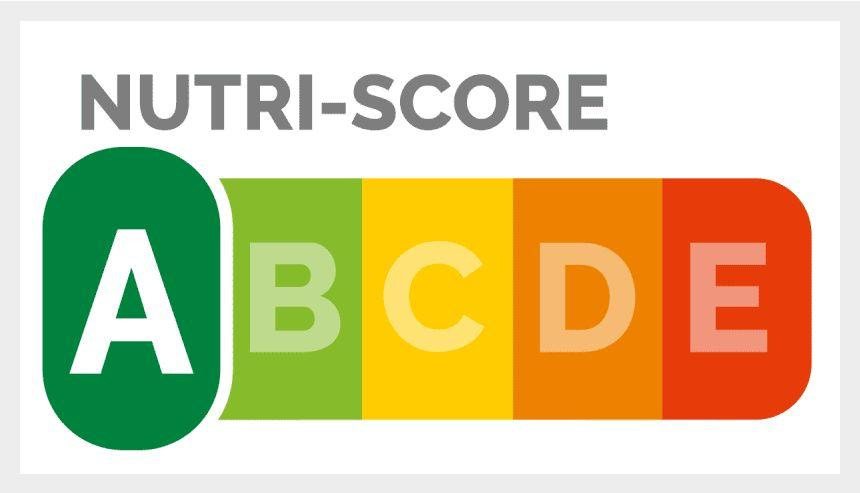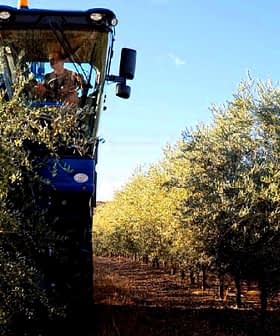The Italian Antitrust Authority has announced an investigation into Nutri-Score regarding how some large retailers and food producers in Italy use it.
According to the public agency, “the consumers could be induced to attribute healthy properties to products positively classified by Nutri-Score or Yuka [the associated mobile application] and therefore trust the front-of-pack label and app to make their food choices.”
(Nutri-Score) rejects 85 percent of the total value of Italian PDOs and PGIs… Those are products, such as cheeses or cold cuts, which bear with them the work of generations.
The antitrust authority added that Nutri-Score labels “might be perceived as definitive health evaluations on a specific product profile with no correlation to the overall needs of an individual (diet and lifestyle), the quantity or frequency of consumption within a varied and balanced diet.”
See Also:Exporters’ Association of Crete Rejects Nutri-ScoreThe antitrust investigation comes on the heels of strong criticism by the Italian government whose Minister of Agriculture Stefano Patuanelli has called Nutri-Score “a system that aims to condition the consumer instead of informing the public.”
The new investigation also was welcomed by Italy’s leading farmers’ association, Coldiretti.
The association warned that the eventual implementation of Nutri-Score at the national and European levels would profoundly affect the sales of Italian food specialties currently protected with Protected Designation of Origin (PDO) and Protected Geographical Indication (PGI) certifications.
“Extra virgin olive oil, Parmigiano Reggiano, Prosciutto di Parma and Gorgonzola are only a few of the high-quality Made in Italy products rejected by the colored label which is making inroad throughout Europe,” Coldiretti wrote.
Despite the recent barrage of criticism, the French-born labeling system has been adopted by several European countries, including Germany and France.
Nutri-Score is also widely considered the front-runner among the labeling systems that the European Commission will choose to become the official European Union front-of-pack label (FOPL) by the end of 2022.
According to Coldiretti, Nutri-Score “rejects 85 percent of the total value of Italian PDOs and PGIs, those that the European Union should instead protect and value, especially during the Covid-19 pandemic.”
“Those are products, such as cheeses or cold cuts, which bear with them the work of generations, products whose receipt can not be altered,” Coldiretti added.
Nutri-Score rates food based on a 100-gram or 100-milliliter sample. It takes into consideration the caloric, fat, sugar and salt content of the food item. Foods are labeled with a color and letter scale ranging from the healthiest “Green A” down to the “Red E.”

As Nutri-Score creator Serge Hercberg told Olive Oil Times in 2020, the FOPL is meant for consumers to compare products belonging to the same food category.
For example, Nutri-Score labels extra virgin olive oil with a “Yellow C,” the best score for edible fat.
Referring to that “Yellow C,” Stefano Caroli, the president of the Apulian Olive Oil Mill Operators Association (AFP), Stefano Caroli said to Olive Oil Times, “in this delicate moment, we don’t need Nutri-Score telling us that olive oil is not that good for health.”
“One could even think that there are interests at play here not to have some excellent Italian products succeed in the market,” he added. “For the future of Italy and the future of the following generations, one can only hope we will be able to give the right value to a food culture and heritage which represents so much. We succeeded in doing this for many products, not yet for extra virgin olive oil.”
Coldiretti also said that problems are occurring in countries that have already adopted Nutri-Score.
The farmers’ association cited the recent decision of a Spanish Senate committee to ask the government to suspend Nutri-Score’s implementation in the country until the European Union names its official labeling system.
The Senate Health and Consumption committee said it approved the motion to avoid “uncertainties for companies in the food sector and confusion for the consumers.”
In the motion, Spanish senators asked the national government to work at a European level to agree to one harmonized standard that promotes PDO and PGI products.
According to the ABC newspaper, the supporters of the Senate committee’s motion said, “thousands of medium and small producers… see their future in danger.”
See Also:Study: Nutri-Score Label System Does Not Discourage Olive Oil ConsumptionWhile senators said they did not view a food labeling system as bad for the industry, they added that it remains to be seen whether Nutri-Score is the most effective solution.
According to the supporters, several key elements of the Mediterranean diet are penalized by Nutri-Score while other products such as “chips or hamburgers from fast-food chains” often attain a better score.
Initially, the Spanish government planned to introduce Nutri-Score at the beginning of 2021, but the plan was opposed by the olive oil sector.
A few months ago, Minister of Consumption Alberto Garzón said, “olive oil is good for your health and cannot have a label that says it is bad.” Furthermore, he reassured the sector that Nutri-Score would not be applicable to olive oil products.
The debate about the application of Nutri-Score to PDOs and PGI-certified foods is also causing controversy in France, the first country to adopt the FOPL.
Minister of Agriculture Julien Denormandie has recently asked for changes to how Nutri-Score rates food.
According to the minister, who has also emphasized that getting rid of Nutri-Score is not the solution, the labeling system should not penalize PDO and PGI products.
The minister’s statements come shortly after the General Confederation of Roquefort, one of France’s most famous PDO cheese producer associations, asked to be exempted from Nutri-Score and
In an interview with AgriCulture, Denormandie said that the Nutri-Score methodology should be adapted so that “it does not come out rating our cheeses and our PDOs as bad.”








